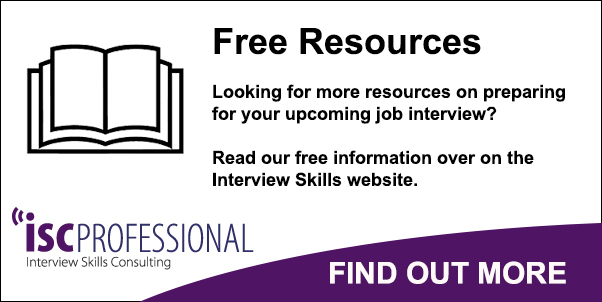Common Interview Mistakes You Must Avoid
Interviews can be a stressful experience, which leads to many candidates making mistakes that could come at the expense of a job offer. But through preparation and research, you can avoid making these same common interview mistakes other candidates will make.
Most people are nervous about interviews, no matter if you’re an executive already working in a high powered environment or a school leaver searching for an entry level job.

Some of the most common interview mistakes include:
1. Insufficient Research
Common access to the Internet means there’s never been so much available and relevant information on any subject. Finding out as much as possible about potential employers and the types of available vacancies. It’s even possible to gauge employers by checking ratings from their workers. At the very minimum, finding out about products, financial data and developments is important for any candidate and gives ideas about how specific job roles slot into the company ethos.
2. Rehearsed and Trite Answers
It’s always good practice to rehearse answers to common interview questions, particularly if you are attending a competency-based interview where intensive and revealing questions needing detailed responses are an expectation. Answering common questions like “What is your biggest weakness?” with responses such as “working too hard” or “perfectionism” is likely to be a turn off for most interviewers. Think carefully about likely common questions and prepare adequate answers using the STAR technique when possible. Common interview questions and suggested answers and competence-based interview tips are covered in detail on the Interview Skills Consulting website.
3. Exaggerating or Falsifying Job Experience or Qualifications
It may be tempting to overstate experience and/or qualifications, but this is a serious misrepresentation likely to be picked up by employer background checks which could possibly affect your future career opportunities. Most employers will carry out background checks prior to making a firm job offer and easy access to Facebook, LinkedIn and previous employer referees makes it a fairly simple matter for them to discover falsehoods.
4. Social Media
Leading on from the above point, it will pay dividends if your social media posts and activities are “clean” enough to be read by parents or potential employers! Although this isn’t specifically a common interview mistake, over 90 percent of employers check out potential hires on platforms such as Twitter or Facebook and are likely to make final candidate decisions based on their research.
5. Asking Questions
There’s generally time at the end of every interview to ask questions about the company or vacancy. Preparing great questions demonstrates your interest in this employer. This is also a great way of demonstrating the excellent research you conducted into the employer and vacancy, as well as putting interviewers on the spot in some ways.
6. Manners and Dress
Dressing appropriately for any interview is always important. Where employers have casual dress codes always err on the side of “smart” for interview clothing and you won’t make dress mistakes to be regretted.
Using courtesy and good manners is essential within interviews. Tips to follow include always showing respect, never interrupting and making the most of your body language to mirror interviewers, where possible.
7. Negativity about Current or Previous Employers or Team Members
It’s probably reasonable to suspect one reason you could be hunting for a new job is down to problems with a work colleague or manager, however, it is acceptable to gloss over this fact during interview. This is probably one occasion when misrepresenting the truth is the best option. Interviewers can make negative conclusions about candidates prepared to slate previous employers.
You can find out more about common interview mistakes to avoid when you check out the Interview Skills Consulting website and, if you take time to browse our extensive pointers to successful interviews and preparing in advance for job interviews, we’re sure you’ll soon receive job offers.

